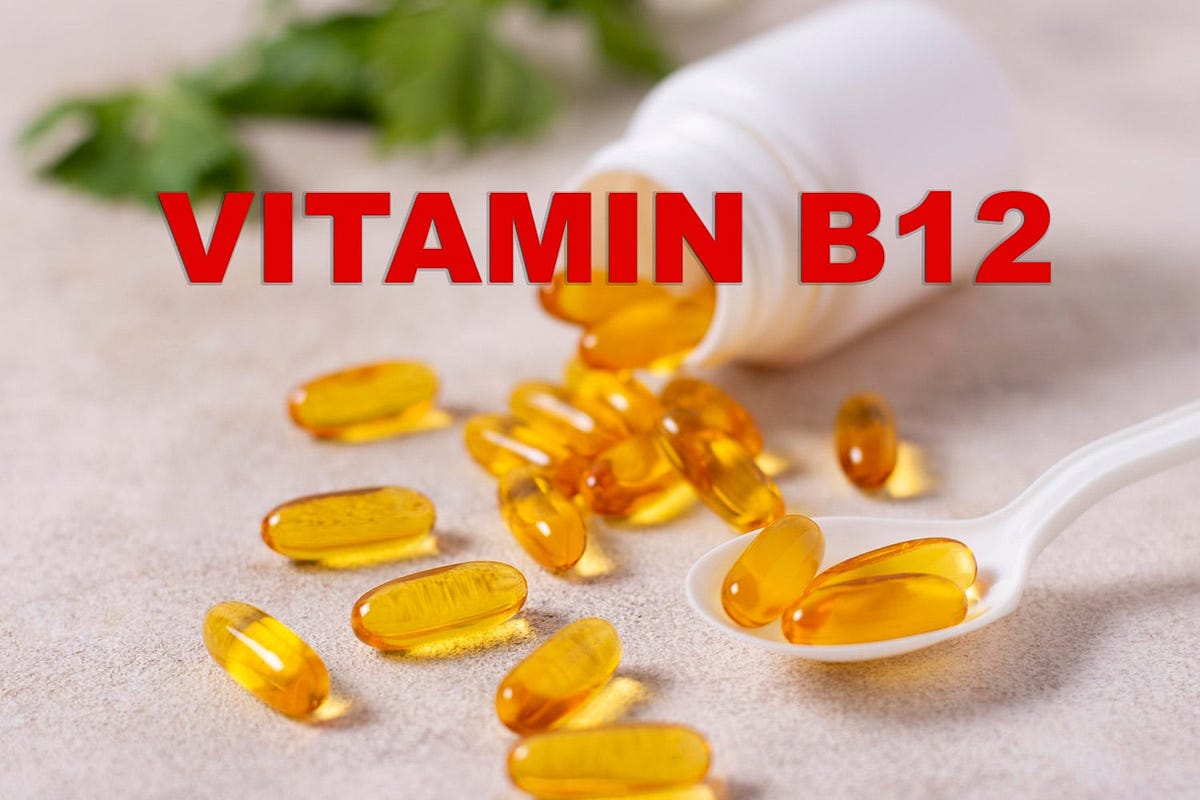Vitamin B12, also known as cobalamin, is an essential nutrient that plays a crucial role in maintaining your overall health. At WellHealthOrganic, we are committed to helping you understand the importance of this vital vitamin and how to ensure you get enough of it in your diet. Read on to discover the benefits of vitamin B12 and how you can incorporate it into your daily routine for optimal health.
The Importance of Vitamin B12
Vitamin B12 is essential for several bodily functions, including:
- Energy Production: Vitamin B12 helps convert the food you eat into glucose, which your body uses for energy. Adequate levels of B12 can help reduce feelings of fatigue and weakness.
- Red Blood Cell Formation: B12 is crucial for the production of healthy red blood cells. A deficiency in this vitamin can lead to anemia, characterized by a lack of red blood cells or hemoglobin, causing symptoms like fatigue and weakness.
- Nervous System Health: B12 plays a key role in maintaining the health of your nervous system. It helps in the formation of myelin, a protective covering for nerves, ensuring efficient transmission of nerve impulses.
- DNA Synthesis: Vitamin B12 is necessary for DNA synthesis and repair, making it essential for cell growth and division.
- Mood Regulation: B12 is involved in the production of neurotransmitters that regulate mood, such as serotonin and dopamine. Adequate levels of this vitamin can help improve mood and prevent depression.
Sources of Vitamin B12
Since the body cannot produce vitamin B12 on its own, it is essential to obtain it through your diet or supplements. Here are some excellent sources of vitamin B12:
- Animal Products: Meat, fish, poultry, eggs, and dairy products are rich in vitamin B12. Foods like beef liver, clams, and sardines are particularly high in this nutrient.
- Fortified Foods: Many plant-based foods, such as cereals, nutritional yeast, and plant-based milk, are fortified with vitamin B12, making them suitable options for vegetarians and vegans.
- Supplements: If you have difficulty getting enough B12 from your diet, consider taking a vitamin B12 supplement. These are available in various forms, including tablets, capsules, and sublingual (under-the-tongue) options.
Recognizing B12 Deficiency
Vitamin B12 deficiency can lead to a range of health issues. Here are some common symptoms to watch out for:
- Fatigue and weakness
- Anemia

